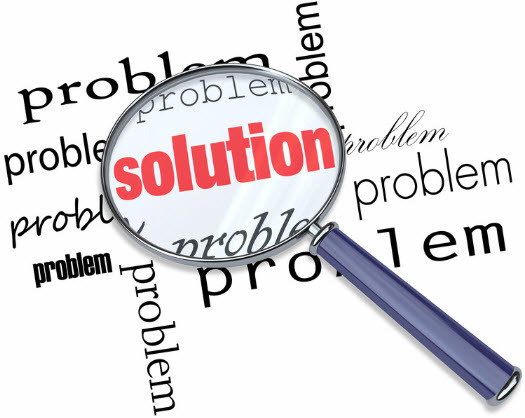This is the final post in my four-part blog series on Four Operations of Language. In this post I’ll be focusing on Coates and Wade’s fourth operation of language: blaming and pathologizing victims.
Read moreCreating Solutions in Everyday Therapy
Quite often when it comes to making changes in our lives, we focus on problems. We call this problem solving. However, an increasing number of people have found a solution-focused approach to be more fitting. Here's why.
Read moreConcealing Victims' Resistance
Welcome to the third post in my four-part series on Four Operations of Language. In this post I will be focusing on concealing victims’ resistance.
Read moreTaking Care by Taking Care
Sometimes it seems like we live in a world where the term "self-care" gets tossed around like a beach ball. Of course, it's absolutely crucial that we take care of ourselves in the many important ways that help us both survive and thrive. But how does taking care of others (including pets) help?
Read moreObscuring Perpetrator Responsibility
In continuation of my series on the Four Operations of Language, this post focuses on the second operation: Obscuring and Mitigating Perpetrator Responsibility.
Read moreThe Value of Anger
Anger is an emotion with a bad reputation in some circles. The reason for this is understandable. A lot of people I talk to equate anger with the actions that they or other people engage in when they’re feeling angry. But how can anger be helpful? Is its bad reputation warranted?
Read moreUsing Words to Conceal Violence
This is the first post in my 4-part series on Coates and Wade's Four Operations of Language. In this post I focus on how we use language to conceal or reveal violence.
Read moreDignity-Informed Practice
Trauma-Informed Practice has been an increasingly popular topic in the world of counselling and community work. I look at how we can take this a step further, toward a practice informed by upholding others' dignity.
Read moreThe Power of Words & Social Responses
We’ve likely all heard counter-arguments and annoyed protest from those who wish to believe that words are just words – often to excuse themselves for saying things with harmful implications. But words aren’t just words. Language provides the building blocks for meaning, and meaning informs action.
Read moreLife-Affirming Resistance
“Resistance” is one of those words whose meaning changes significantly depending on the person talking about it. In social activist circles, it may be used to describe the act of standing against oppressive or problematic forces. In psychology, it’s a term with a history of mostly negative implications. But is that really the most helpful stance we can take on resistance?
Read more








